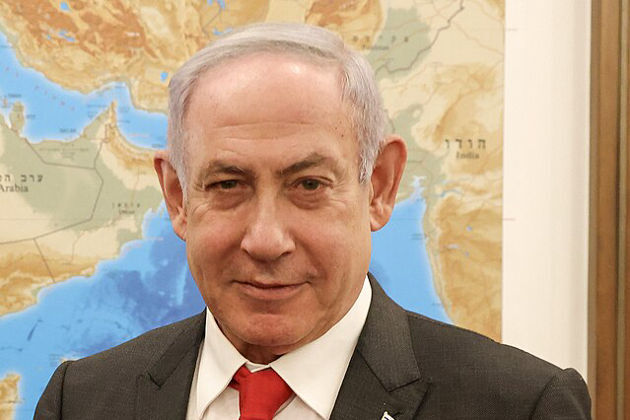Move FM Global News

Israeli PM Netanyahu vows to ‘finish the job’ against Hamas
Aug 13, 2025JERUSALEM, Israel: Israeli Prime Minister Benjamin Netanyahu this week forcefully defended a newly expanded military campaign in Gaza, describing it as essential to “finish the job and complete the defeat of Hamas” despite mounting criticism both domestically and internationally.
The plan, he revealed, goes beyond earlier announcements and targets not only Hamas strongholds in Gaza City but also the “central camps” and the coastal area of Muwasi.
A source familiar with the operation, speaking anonymously because they were not authorized to brief the media, confirmed that both areas are included in the military’s objectives. The “central camps” house more than half a million displaced Palestinians, according to United Nations estimates, and had not been previously identified as targets. The reasons for the omission remain unclear, though over the weekend, Netanyahu faced pressure from members of his governing coalition, who argued that focusing solely on Gaza City was insufficient.
Netanyahu has promised the creation of “safe zones” for civilians, but human rights groups note that such areas have been hit in previous strikes. He also spoke by phone with U.S. President Donald Trump over the weekend, thanking him for what his office called “steadfast support” for Israel’s actions.
Speaking to foreign journalists just before an emergency United Nations Security Council session — a forum that has so far generated more outrage than action — Netanyahu rejected allegations of starvation in Gaza and condemned what he called a “global campaign of lies.” He insisted Israel’s aim is not to occupy the enclave but to “free Gaza” by dismantling Hamas’s military capacity, maintaining Israeli “overriding security control,” and installing a non-Israeli civilian administration.
Netanyahu said Israel would expand the number of aid distribution points in Gaza, but in a separate briefing to local reporters, he denied there was any famine. “There is no hunger. There was no hunger. There was a shortage, and there was certainly no policy of starvation,” he claimed.
He also ordered the military to allow “more foreign journalists” into Gaza — a significant change, as the territory has mainly remained closed to international media except during tightly controlled military embeds. Netanyahu again accused Hamas of bearing responsibility for Gaza’s civilian casualties, destruction, and aid shortages, claiming the group still has “thousands of armed terrorists” and that many Palestinians are “begging” for liberation from its rule.
Hamas dismissed Netanyahu’s statements as “blatant lies” in a lengthy rebuttal.
The United States, meanwhile, defended Israel’s right to determine its security measures and rejected accusations that Israeli actions amount to genocide. With its veto power at the Security Council, Washington can block any resolutions aimed at curtailing Israel’s military operations.
Other council members and U.N. officials expressed alarm. China called the “collective punishment” of people in Gaza unacceptable. Russia warned against a “reckless intensification of hostilities.”


